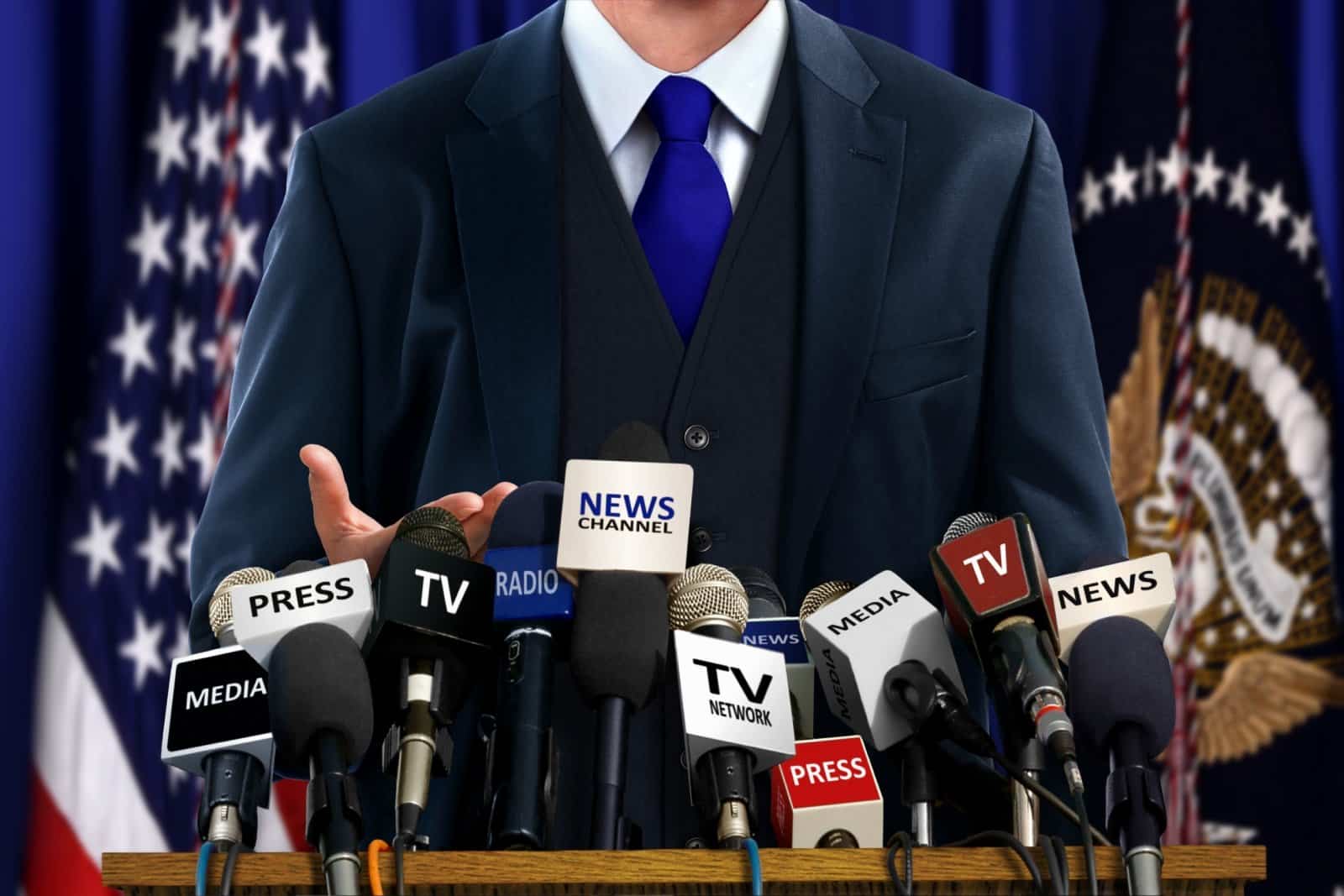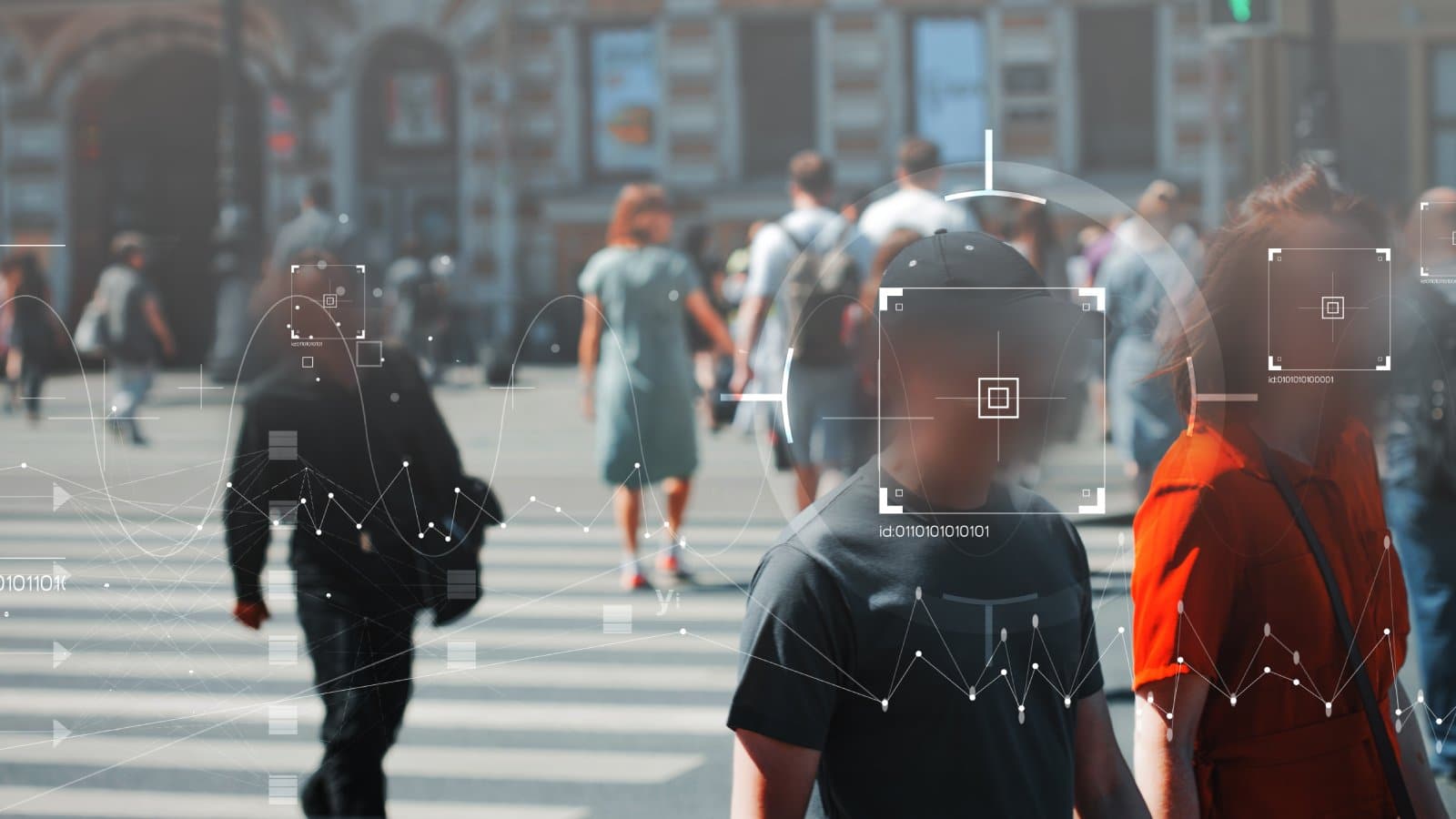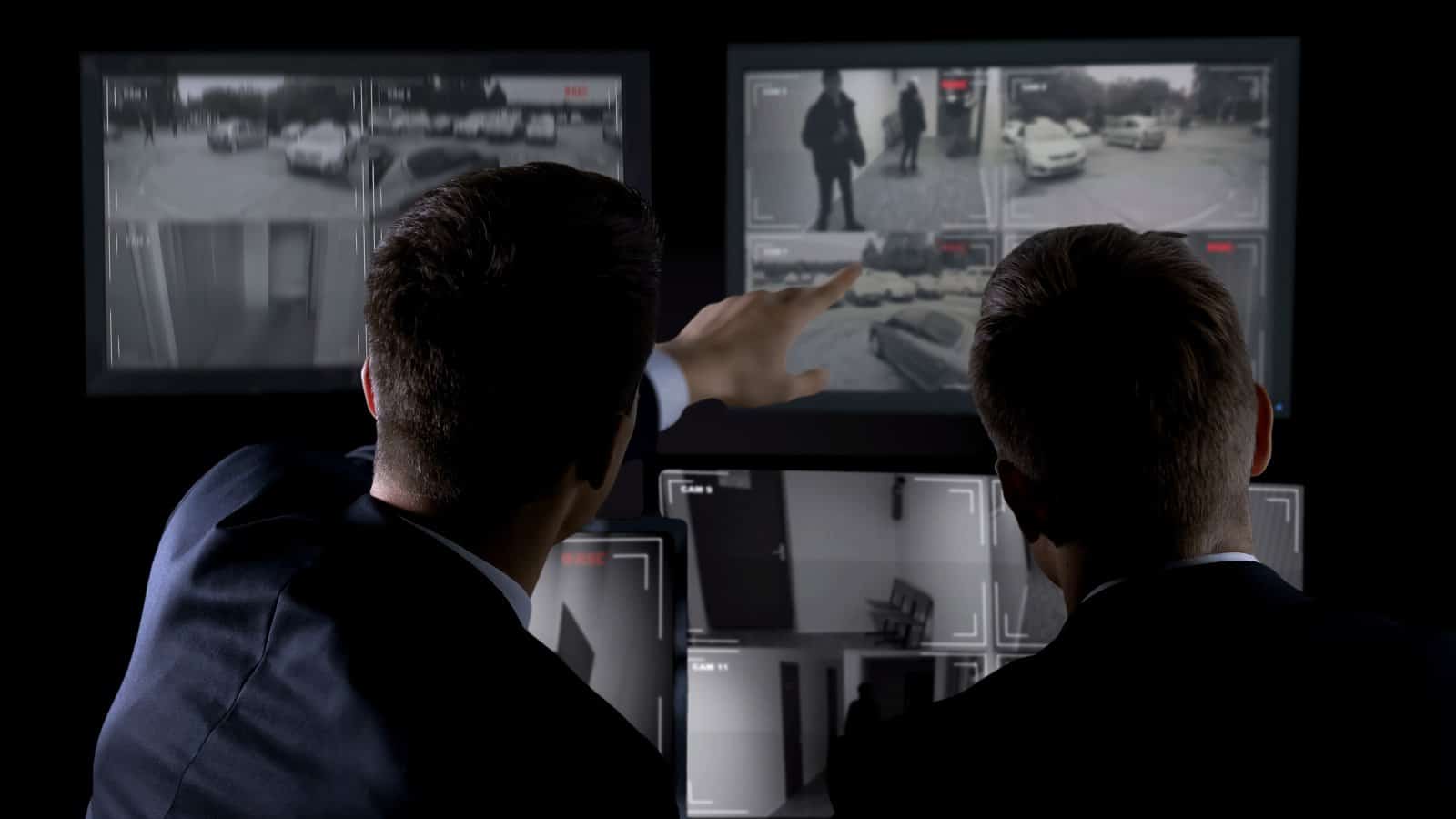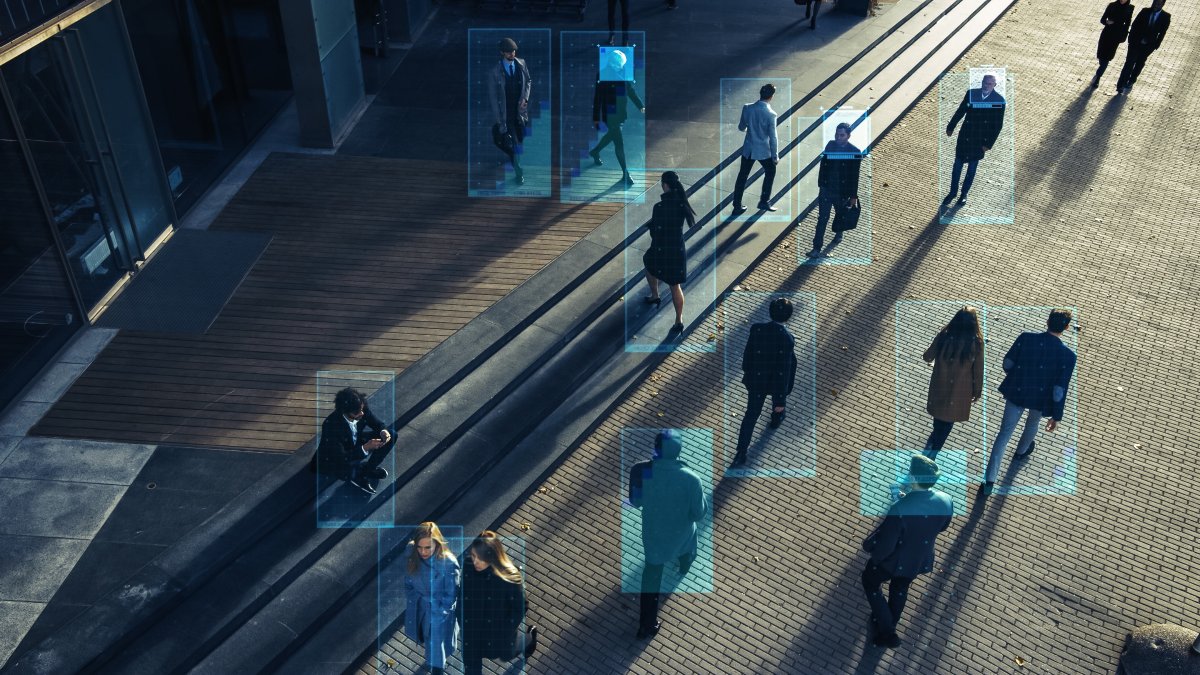The City of Detroit must fork out hundreds of thousands to a resident who was wrongfully accused of shoplifting, on the basis of flawed technology.
Significant Settlement for Police Victim

The City of Detroit has agreed to pay a $300,000 settlement to a man who was wrongly accused of theft due to the flawed use of facial recognition technology by Detroit police.
It Started in 2018

The federal lawsuit has its roots back in 2018 when an unidentified man robbed a Shinola watch store in the city. At the time, a grainy image of him was captured by security footage.
Wrongly Flagged by Police Tech

Two years later, in 2020, Robert Williams drivers license was flagged by police facial technology which wrongly identified him as the man in the footage. Williams was then arrested in front of his wife and two children and had to go to court to have the charges dropped.
A Flawed Investigation

According to Williams’s lawsuit, a Detroit detective used the technology to find a match for the man in the footage, despite allegations that the perpetrator never looked directly into the camera – therefore they could not have gauged an accurate likeness of the man’s face.
“Sloppy” Detective Work

City officials have since wiped the arrest from Williams’ record, removed all of his personal information from the Michigan State Police database, and referred to the detective’s work as “sloppy.”
ACLU and the University of Michigan

Williams’ successful $300,000 settlement was announced by the American Civil Liberties Union and the Civil Rights Litigation Initiative at the University of Michigan Law School on Friday.
“More Safeguards” for Technology

“We are extremely excited that going forward there will be more safeguards on the use of this technology with our hope being to live in a better world because of it,” Williams told the press following the settlement announcement.
Seeking an End to It’s Use

The wrongfully accused man then added that both he and his legal team would have preferred for the Detroit police to “not use it at all” following his case.
Flawed and Racially Biased?

Both Williams and the two groups have claimed that the facial recognition technology employed by Detroit police is flawed, and operates with an inherent racial bias.
Three Black People Misidentified in Detroit

Williams is Black and is now one of three Black people in Detroit who have been wrongfully accused of crimes after police employed facial detection technology.
Limited Use

As part of the settlement, Detroit police will no longer be able to make arrests on the basis of facial recognition technology alone, the ACLU states.
Further Limitations

Police lineups also cannot be conducted on the basis of facial recognition technology results, and police staff who are trained to use the technology must be made aware of its potential risks and flaws when used in arrests.
Audits Required

As part of the settlement, Detroit police will also have to audit cases dating back to 2017 when facial recognition technology was used to make arrests, in order to find incidents where no other incriminating evidence was provided.
“Shoddy Technology Creates Shoddy Investigations”

“Police reliance on shoddy technology merely creates shoddy investigations,” said senior attorney Phil Mayor of ACLU Michigan.
A Leader in Limiting the Technology

“Under this settlement, the Detroit Police Department should transform from being a nationwide leader in wrongful arrests driven by facial recognition technology into being a leader in implementing meaningful guardrails to constrain and limit their use of the technology.”
Already Controversial

This technology, part of the Detroit police forces’ Project Greenlight, was already highly controversial prior to Williams’s arrest.
Already Banned in Some Cities

For years critics have pointed to flaws in the technology, particularly when used to identify people of color. Cities across the country have already banned the use of the technology outright, according to the University of Michigan Law School’s student attorney Jeremy Shur.
Too Many Issues?

“The technology is racially biased, flawed and easily leads to false arrests of innocent people, just like our client,” Shur told reporters.
Not Over Yet

While the settlement may provide some relief for Williams and his family, the fight is not over for law groups, advocacy groups, and other affected individuals who seek to end the police’s use of facial recognition technology altogether.
A Tearful Statement

“The Detroit Police Department’s abuses of facial recognition technology completely upended my life,” Williams added in an ACLU press release. “Even now, years later, it still brings them to tears when they think about it.”
Remote No More: 19 Companies Returning to the Office

As the pandemic wanes, companies are recalling remote workers back to the office, sparking debates on fairness, costs, and convenience. However, there are also notable productivity, coworking, and mental health benefits to consider. Feeling the effects of these changes? Remote No More: 19 Companies Returning to the Office
8 Costco Must Buys and 8 to Leave Behind

Ever wandered Costco’s aisles, questioning if that giant jar of pickles is a real bargain? Or debated buying tires where you get your rotisserie chicken? Welcome to the definitive guide to Costco shopping—a journey to save money, prevent regrets, and offer quirky insights into bulk buying. 8 Costco Must Buys and 8 to Leave Behind
23 Reasons Texas Is the Next Big Thing

Texas is becoming a beacon of opportunity, blending cultural heritage with economic growth. From its landscapes to its industries, the Lone Star State offers a dynamic lifestyle. Here are 23 reasons why Texas stands out, attracting entrepreneurs, artists, tech professionals, and families seeking new beginnings. 23 Reasons Texas Is the Next Big Thing
Featured Image Credit: Shutterstock / Gorodenkoff.
The content of this article is for informational purposes only and does not constitute or replace professional financial advice.

